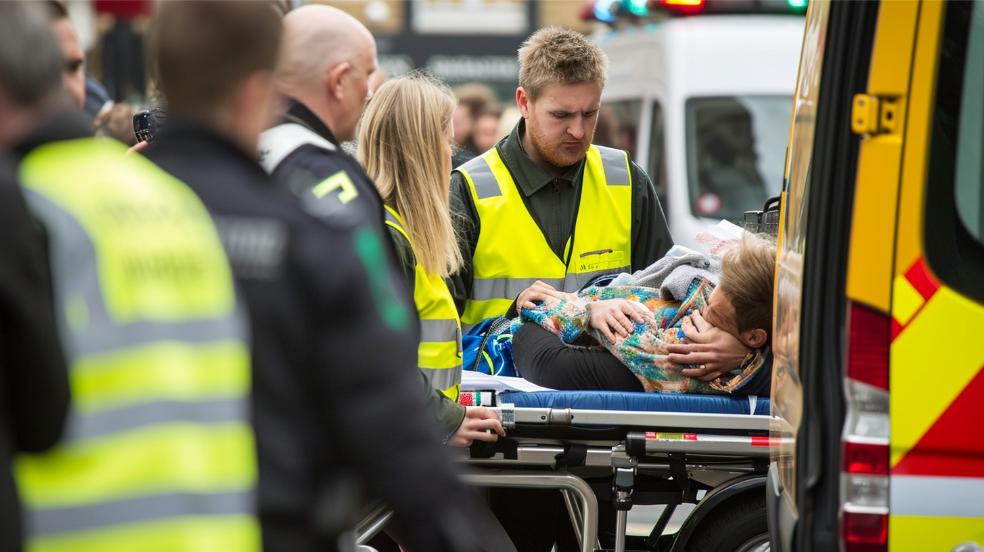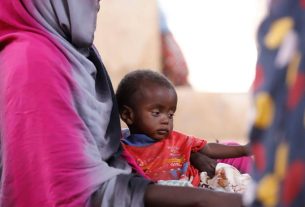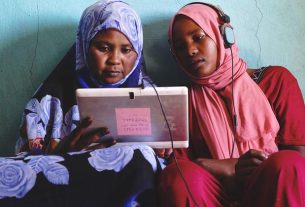Dozens of children injured, 8 confirmed dead in Balochistan blast as accusations fly across the border
“There were screams of children everywhere. It was the only thing you could hear.”
The aftermath of a deadly school bus bombing in Pakistan’s southwestern Balochistan province has deepened the already fragile tensions between Islamabad and New Delhi. The explosion, which struck a military-run school bus on Wednesday morning in the Khuzdar district, killed at least eight people, including six children, and injured dozens more, according to military officials.
The bus was carrying around 40 students when it exploded around 07:40 local time (02:40 GMT). No group has yet claimed responsibility for the attack.
“My eyes just kept searching for my son”
At Quetta’s Combined Military Hospital, the province’s largest military-run medical facility, anguished parents searched for their children amid scenes of trauma and heartbreak. Among them was Sergeant Nasir Mehmood, a Pakistani army officer whose 14-year-old son Mohammad Ahmad was aboard the bus.
“When I heard the attack happened, the ground fell from beneath my feet,” Nasir said. “All the parents started running toward the bus, no one could understand what was going on. My eyes just kept searching for my son.”
The most seriously wounded children were airlifted to the Quetta hospital. Inside the intensive care unit, reporters witnessed unconscious children in critical condition—many suffering from severe burns, shrapnel injuries, and fractured bones. One girl repeatedly called out for her mother as nurses tried to comfort her.
The night before media arrived, another child succumbed to injuries.
Rare Access, Rising Accusations
Access to Balochistan is typically restricted for foreign journalists, but Pakistan’s military made the unusual move of allowing international media into the army hospital, saying it wanted the world to witness the “impact of Indian-backed terrorism.”
While no independent evidence has surfaced, Pakistan alleges Indian involvement in the bombing, a claim India firmly denies. In a statement, Pakistan’s Minister of Information Attaullah Tarar said the government has “evidence” of Indian proxies operating in Balochistan but declined to provide specifics.
“We are the victims in this case,” Tarar said. “There is a history. We have evidence. So what can I say?”
When pressed for concrete proof, Tarar referred again to “historical patterns” of sabotage without elaborating.
A Fragile Ceasefire in the Balance
The bombing comes during a tenuous ceasefire between Pakistan and India, following their most intense conflict in decades. Earlier this month, a two-week flare-up involving drone strikes, missile exchanges, and artillery fire left dozens dead on both sides, triggered by the killing of 26 people—mostly tourists—in India-administered Kashmir’s Pahalgam region.
Pakistan called for an international investigation into that attack, but has so far rejected external oversight into the Balochistan bus bombing.
“Pahalgam was a one-off incident,” Tarar said. “This is different. This is part of a broader campaign.”
India has repeatedly denied harboring any plans to destabilize Balochistan and, in turn, has accused Pakistan of supporting militants operating in Kashmir.
Scenes of Suffering, and a City on Edge
Images of the attack’s aftermath flooded national and international media: twisted metal from the bus wreckage, bloodied school bags, scorched notebooks, and children’s shoes scattered across the road. Most of the victims were girls between the ages of 12 and 16.
As foreign media toured Quetta under military escort, an eerie calm hung over the streets, with armed soldiers patrolling checkpoints. A military officer briefed reporters aboard a bus flanked by troops with rifles and ammunition.
The Balochistan Liberation Army (BLA)—a separatist group fighting for greater autonomy in the region—has not claimed responsibility for the attack. The group is designated a terrorist organization by Pakistan, the U.S., the UK, and several other countries.
While the government blames outside forces, Baloch activists continue to accuse Pakistan’s military of human rights abuses. Rights groups have documented thousands of disappearances in the province over the past two decades, often implicating state security agencies.
Calls for “Faceless Courts”
In response to rising insecurity, Information Minister Tarar floated the idea of establishing “faceless courts” in Balochistan—where judges and prosecutors operate anonymously—to counter fears of retaliation from militant groups.
“We’re failing to convict because witnesses and judges are scared. Faceless courts may be necessary,” Tarar said.
Meanwhile, Pakistan’s military spokesperson, Lt Gen Chaudhry, dismissed any suggestion the attack was linked to the Baloch nationalist struggle.
“This had nothing to do with the Baloch identity,” he said. “It was just India’s provocation.”
Diplomatic Fallout Looms
Pakistan has vowed to raise the incident “through diplomatic channels” globally, but the ceasefire’s future remains uncertain. With inflammatory rhetoric on both sides and no clear resolution in sight, analysts warn that the school bus attack could become a flashpoint, reigniting broader regional conflict.
Picture for illustration purposes only



